“Many Hands Make the Load Lighter”
Category: Wealth Creation
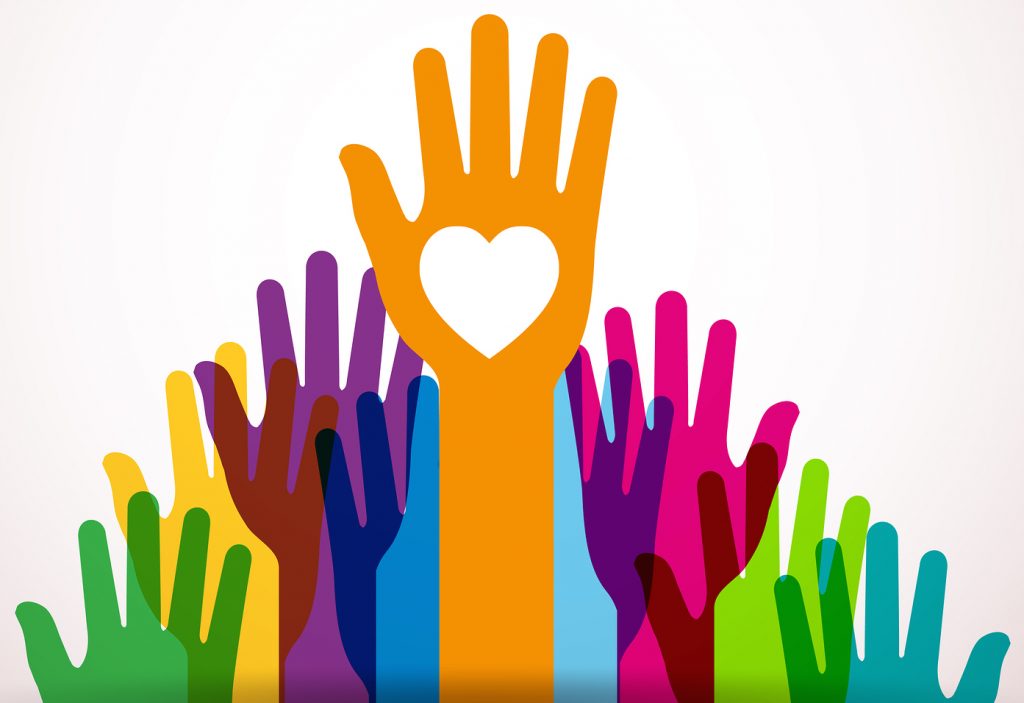
“Many hands make the load lighter”
~ Margaret Trost ‘What If? Foundation’
We hear a lot these days about “Grassroots” organizations and activities. They may be charitable, political, social, or for most any reason at all. Often, it is only the blades of grass we see above the surface. It’s all too easy to forget about the roots underground that make it all possible.

Dictionary.com defines ‘grassroots’ as
- (n) The common or ordinary people, especially as contrasted with the leadership or elite of a political party, social organization, etc.
- (adj.) of, relating to, or involving the common people, especially as contrasted with or separable from an elite.
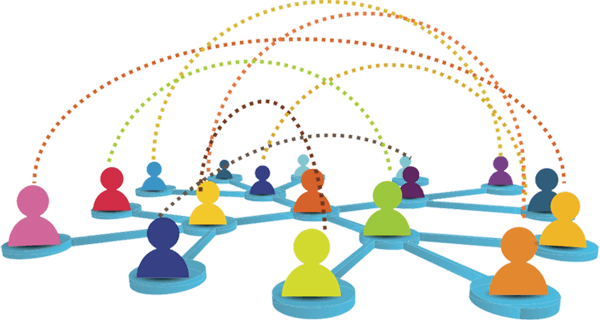 We’re talking about a network of ordinary folk connected by one or more common interests to accomplish something extraordinary. We become, or are already, a part of any number of networks of people organized around common purpose. These networks may even be a part of our identity – who we are. Examples include our faith, where we live, our politics, even our favorite sporting teams.
We’re talking about a network of ordinary folk connected by one or more common interests to accomplish something extraordinary. We become, or are already, a part of any number of networks of people organized around common purpose. These networks may even be a part of our identity – who we are. Examples include our faith, where we live, our politics, even our favorite sporting teams.
So, continuing with our suburban monoculture grass turf analogy… let’s say we want that proverbial beautifully manicured, healthy green lawn for all to enjoy, and we want to maintain it in perpetuity. We realize we cannot do it alone, and will need capital to make it happen. We could seek some form of one-way contribution through various crowdfunding websites. That method is project-oriented, usually short-term, and requires donations from people who may already be suffering ‘donor fatigue’. It is also the proverbial ‘give a fish to a man, feed him for one day’. But, what if we want to teach that man how to fish for a lifetime?
What if we don’t want to be another drain on people’s budget? What if we want to create an income source to fund our common interest that is more Sustainable?
How would we Empower many People to come together to do this?
- Inspiration – Personal responsibility, Value your Self

- Perspiration – Know your “why” and stick with it no matter what others say or do

- Duplication – Actions, simple actions, when continuously repeated by many people, can actually move our society towards (or away from) the world we want. Whether we vote, or not, we’re helping to shape our reality. What’s another way we already impact our own lives?
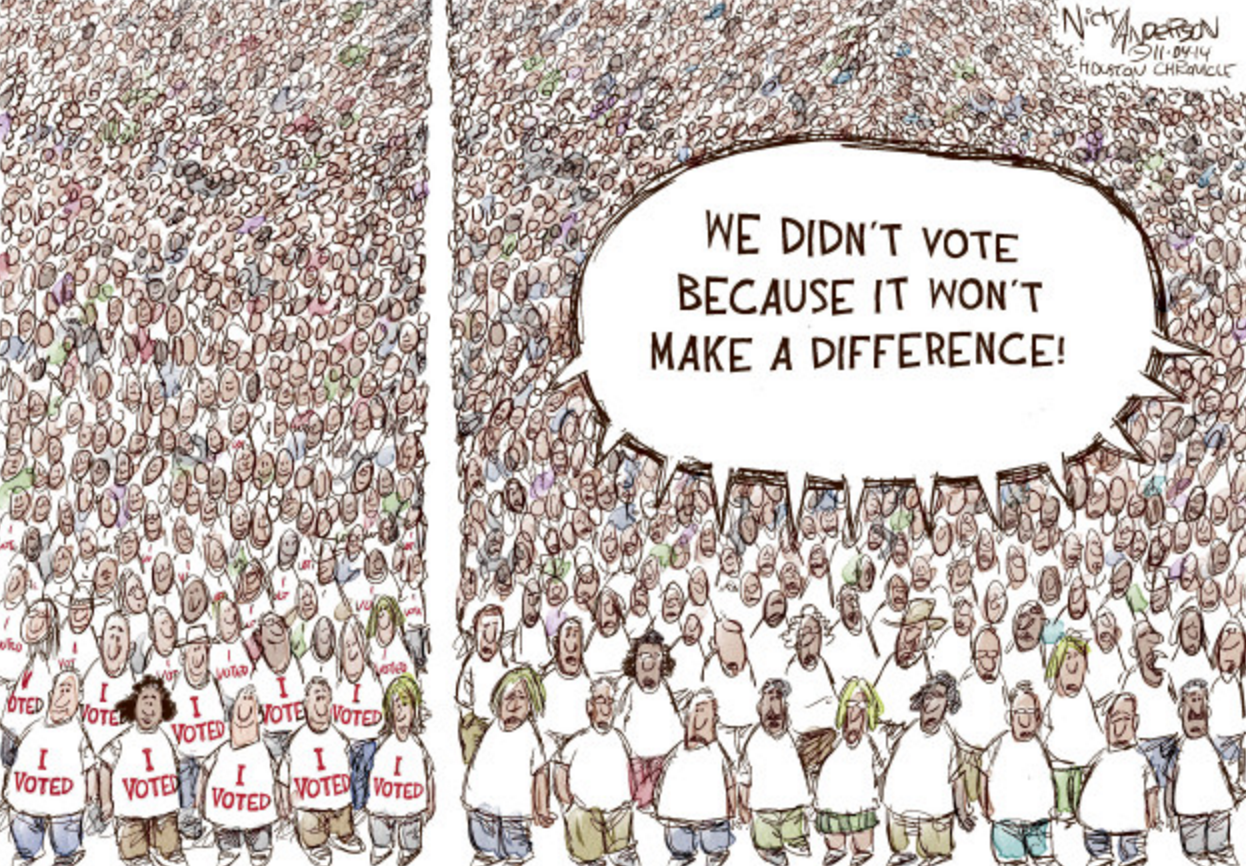
Perhaps the greatest unrecognized power of any group of people is the accumulative effect of their consumer purchases.
We’re All Consumers. It has been said we are by-products of a particular lifestyle obsession. We buy what we need, what we believe we need, what we want, and what we believe we want. What does that look like in much of the western world?
 Needs
Needs
We all need food. But which foods, and how much food, seem to differ between societies, cultures, traditions, and access to resources. The foods different groups of people purchase, and why, and who profits from that, is what may be called ‘consumerism’.
 Wants
Wants
We may ‘want’ a nice lawn around our own home (as part of the traditional ‘American dream’). We may be willing to spend quite a lot of money to accomplish and maintain this. In fact, Grass is America’s Largest Cash Crop. Americans are cultivating and irrigating over 40 million acres of lawn all over the country. That’s 3 times more land area than is devoted to Corn, our country’s most common commercially grown food crop!
In fact, entire industries grow up around our wants. In the case of grass, companies form to answer any question and solve any problem that may arise. Sod farms, Landscaping, Lawn maintenance (mowing, clipping, edging), Chemical fertilizing, Soil conditioning, Insect control, and irrigation are just some of the inevitable pre-requisites companies address. Capitalization of manufacturing also happens. The tools needed by these service providers (lawn mowers, tractors, sprinklers, etc.) become an integral part of the industry too. When you think about it, these additional consumer ‘needs’ actually sprouted up from the initial consumer ‘want’. Sounds like Consumerism to me.
Merriam-Webster’s Online dictionary defines ‘Consumerism’ as
- The promotion of the consumer’s interests
- The theory that an increasing consumption of goods is economically desirable; also, a preoccupation with and an inclination toward the buying of consumer goods.
Why care about consumerism?
 Toilet Paper
Toilet Paper
Most Americans consider this a NEED. Why are there dozens of varieties to choose from? As consumers, we get to ‘Vote’ on how to meet this need with our purchases. What kind of toilet paper do you prefer? When did this even become a serious question? One word: Consumerism. Recent years have seen a rise in the sale of “luxury toilet paper” (quilted, lotioned, perfumed and ultra-soft versions) to the tune of $1.4 billion.
We know the bidet exists, and works really well. Yet people all over the world splurge (at the expense of 27,000 trees per day) on increasingly more ‘sophisticated’ ways to flush money down the drain. I’m not being critical, for I myself have been known to choose such simple ‘Luxuries’. Yet there are times, especially when life is not going our way, we begin to re-assess our true needs and wants. We re-evaluate our lifestyle, and may even question who is (or should be) benefitting from our lifestyle choices.
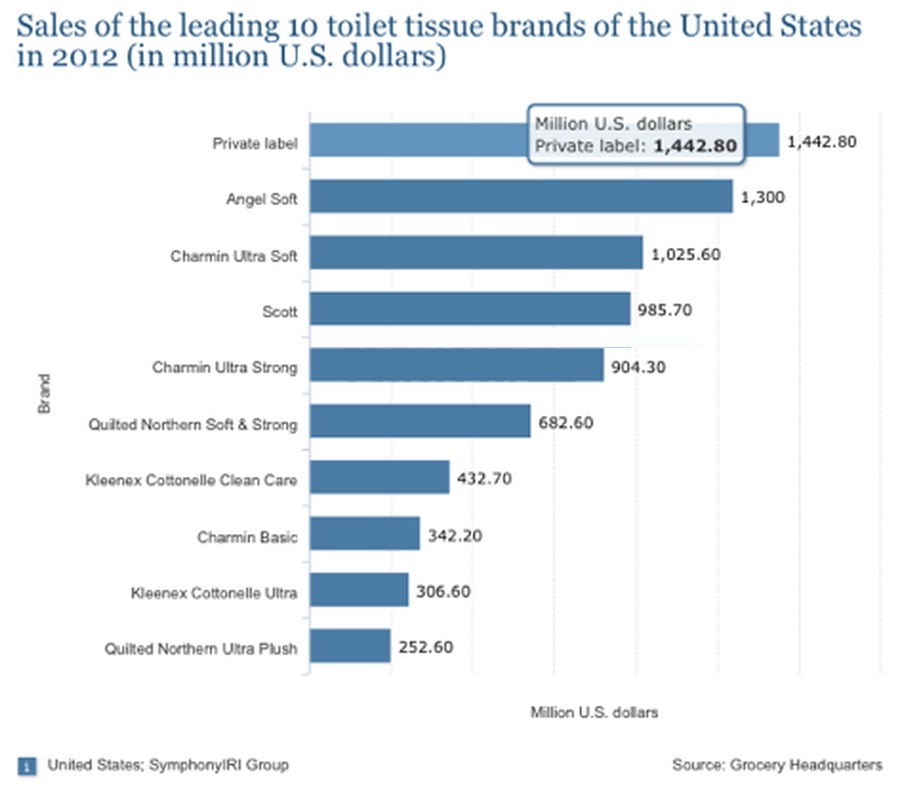
Who profits from all this consumer paperwork? Imagine millions of people, spending just pennies per day on their bottom line. Imagine how this can roll up to significant, and perpetual, income for those who supply your favorite products.
What if WE, and others we care about, could profit from our own consumer purchases? What would you do with extra money every month?
What if we wanted to channel our consumption towards becoming a force for positive social good? How would it feel to be able to help even more people?

What can I, as an individual, do?
- Research the consumer products/services you love and use every day. Look beyond the label, beyond the manufacturer’s website, beyond the commercial advertising and product placement, to see which networks your purchases are supporting. If you don’t like the answer, make a different choice. No one is going to be more committed to your life than you. In consumerism, it is true that ‘what we don’t know really can hurt us’. If we want to know more, we need to ask better questions. Then what do we do?
- Redirect some of our daily household consumer spending towards products, and companies, that support our values. I wouldn’t recommend 1st world consumers necessarily go ‘cold turkey’ (e.g. sell everything and move to a mountaintop). No need to give your favorite toilet paper, you may be surprised how many other products you can change out. Start small, change one or more products, services, behaviors each month.
- Repeat – Over time, these small choices will add up to big changes.
When we know better, we do better.
Utilizing the power of networks as a force for social good.
We are ALL already marketing other people’s products and services to those within our network. We’ve all heard of ‘Word of Mouth’ marketing. That’s another way to describe Network Marketing. Ever watched a movie and told your friends they have to see it? Did the film company, the theatre, the actors, or anyone send you a royalty check when those friends actually went and spent money to see it? Congratulations, you are a network marketer!
Wouldn’t it be nice to actually receive a royalty check from the company who benefits financially from your recommendations?
With the power of the internet at our fingertips today, Leveraging social media has amplified our ability to do just that. Our online attention, combined with selective consumer purchases, can promote socially conscious action, innovation, and education that can change the world.
Browse our Network’s complete suite of products and services online at www.AnneDyer.com or www.MyJeffreyJones.com
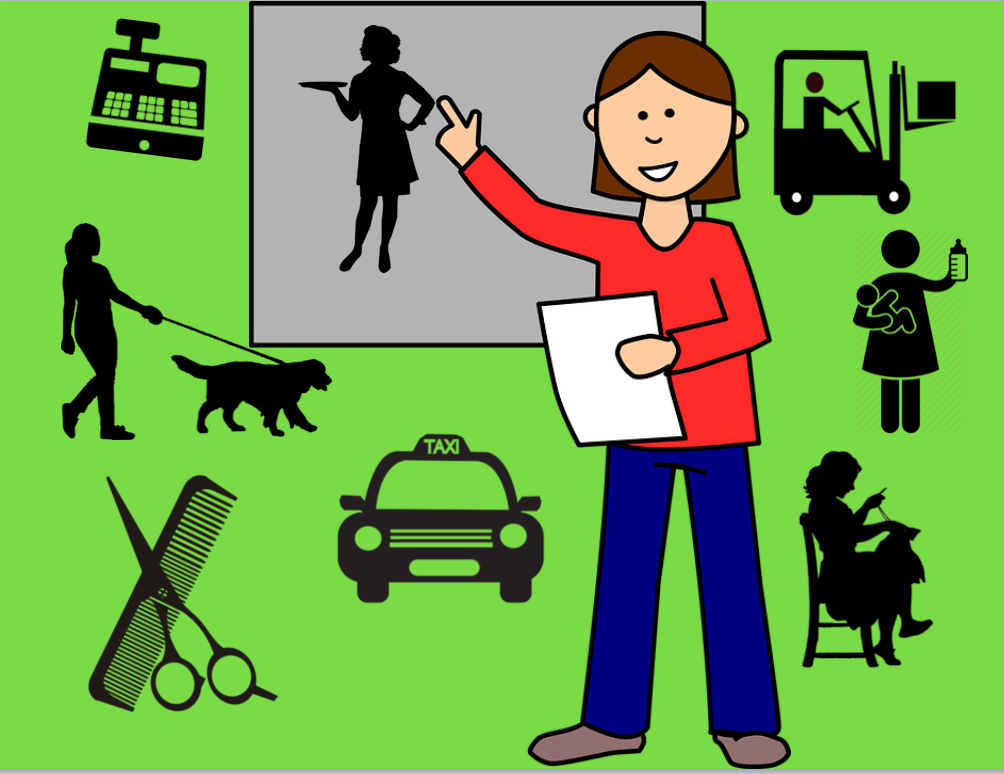
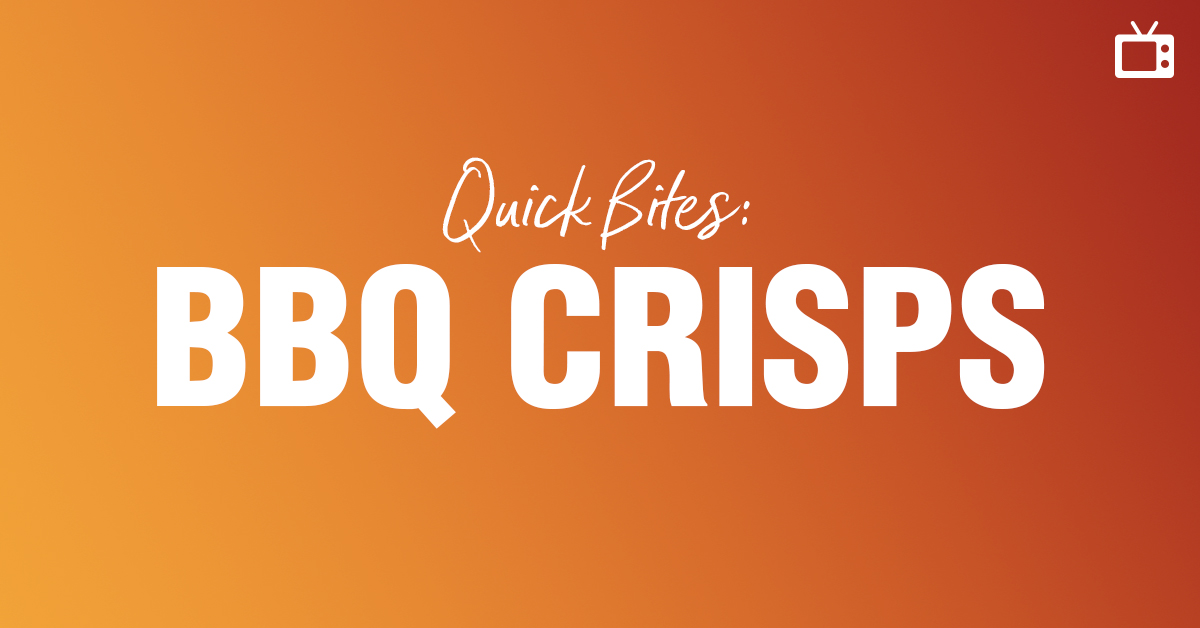

Facebook Comments